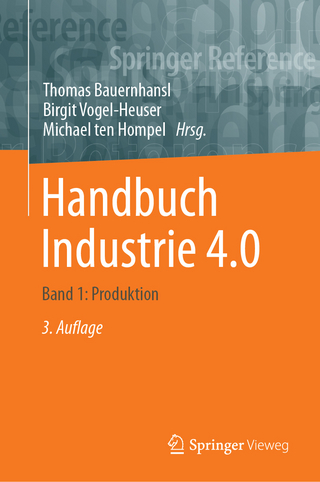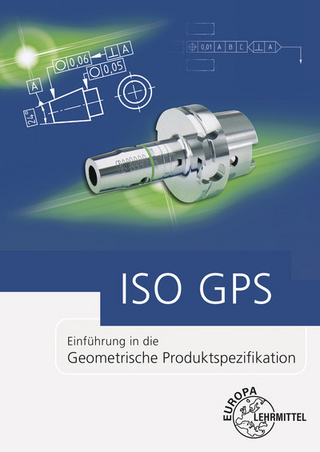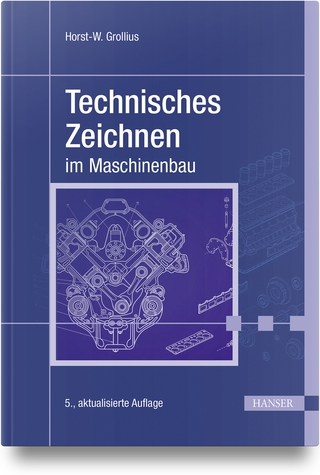
Solving Geometric Constraint Systems
MIT Press (Verlag)
978-0-262-11164-5 (ISBN)
- Titel ist leider vergriffen;
keine Neuauflage - Artikel merken
"Solving Geometric Constraints" records and explains the formal basis for graphical analysis techniques that have been used for decades in engineering disciplines. It describes a novel computer implementation of a 3D graphical analysis method - degrees of freedom analysis - for solving geometric constraint problems of the type encountered in the kinematic analysis of mechanical linkages, providing the best computational bounds yet achieved for this class of problems. The technique allows for the design of algorithms that provide signification speed increases and will foster the development of interactive software tools for the simulation, optimization, and design of complex mechanical devices as well as provide leverage in other geometric domains. Kramer formalizes symbolic geometry, including explicit reasoning about degrees of freedom, as an alternative to symbolic algebraic or iterative numerical techniques for solving geometric constraint satisfaction problems. He discusses both the theoretical and practical advantages of degrees of freedom analysis, including a correctness proof of the procedure, and clearly defines its scope.
He covers all nondegenerate cases and handles several classes of degeneracy, giving examples that are practical and of representative complexity.
Part 1 Introduction: kinematic analysis; degrees of freedom analysis; characterizing the linkage domain; comparison with existing techniques; the future. Part 2 Mechanical linkages and kinematics: machines, mechanisms and linkages; kinematic simulation - examples; kinematic simulation - a formal definition; existing mechanisms simulation methods; modeling the kinematics of linkages with constraints. Part 3 Degrees of freedom analysis: the metaphor of incremental assembly; the sybmolic model; the numerical model; example 1 - the brick; example 2 - two sticks; example 3 - four-bar linkage; overview of the position analysis algorithm. Part 4 Action and locus analysis: the plan fragment table; locus tables; extended locus tables. Part 5 Chain and loop analysis: a graph representatin of constraint problems; loop analysis - topological rigidity; chain and loop rewriting; solving loops; degeneracies. Part 6 Position analysis: the position analysis algorithm; runtime complexity; completeness in the mechanisms domain. Part 7 Comparison with previous approaches: graphical analysis of mechanisms; numerical solution techniques; symbolic solution techniques; empirical comparison with ADAMS; other related work; limitations of degrees of freedom analysis. Part 8 Conclusion: discussion; future directions; toward solving the general constraint satisfaction problem. Appendices: assembly procedure example; the TLA target marchine; the plan fragment table; rigid connections between geoms; loops of three geoms; empirical comparisons of TLA and ADAMS.
| Erscheint lt. Verlag | 8.6.1992 |
|---|---|
| Reihe/Serie | Artificial Intelligence |
| Zusatzinfo | 67 |
| Verlagsort | Cambridge, Mass. |
| Sprache | englisch |
| Maße | 178 x 229 mm |
| Gewicht | 703 g |
| Themenwelt | Kunst / Musik / Theater ► Theater / Ballett |
| Informatik ► Weitere Themen ► CAD-Programme | |
| Technik | |
| ISBN-10 | 0-262-11164-0 / 0262111640 |
| ISBN-13 | 978-0-262-11164-5 / 9780262111645 |
| Zustand | Neuware |
| Haben Sie eine Frage zum Produkt? |
aus dem Bereich


